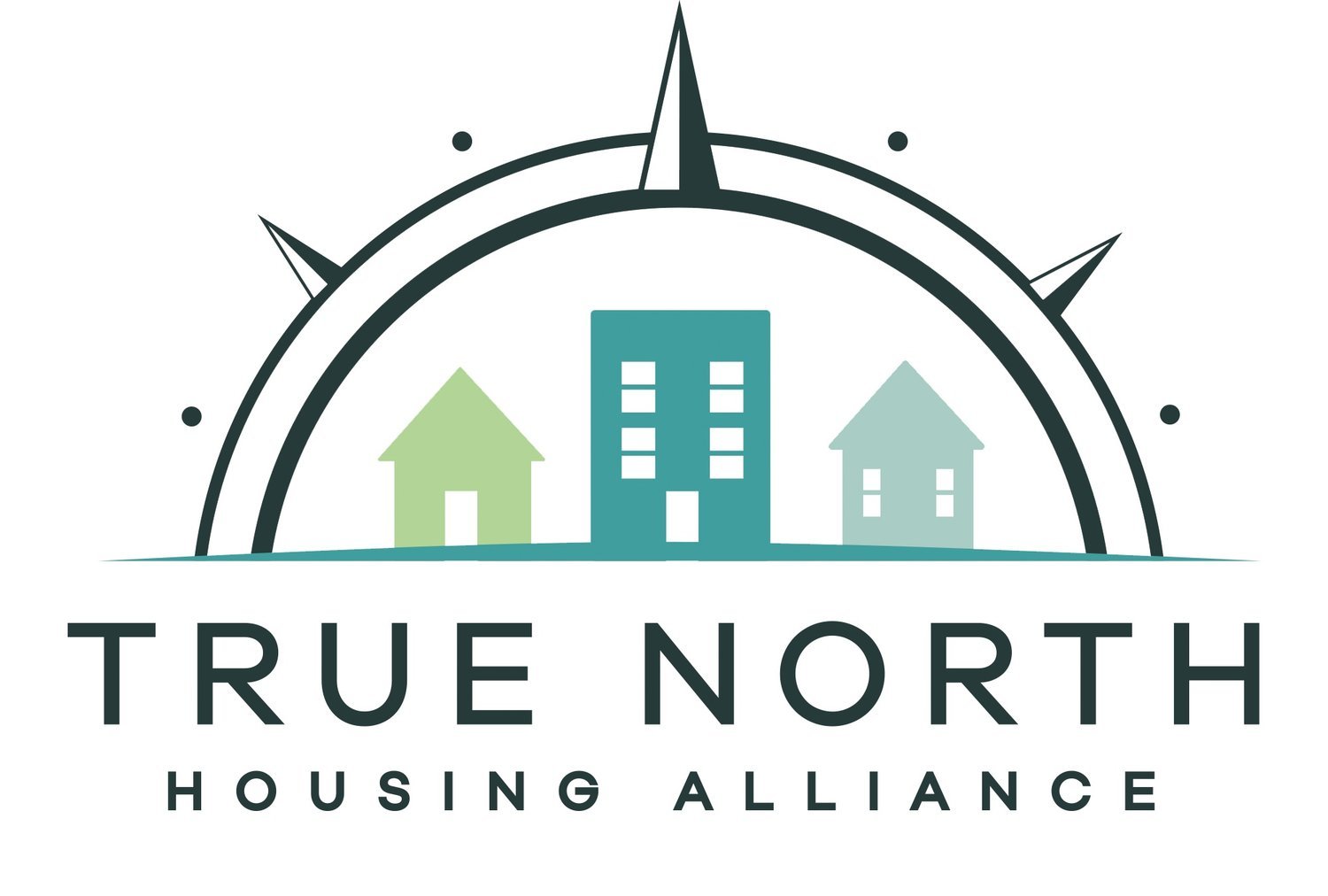There’s Still Hope: David’s Story
Many of the people we serve in our programs have experienced mental health challenges, yet they have thrived and found their way to health, happiness and housing.
Here's David's Story.
Five years ago, David nearly died.
For much of his adult life, David has experienced mental illness, primarily depression and anxiety disorder, he said. After he was diagnosed with substance use disorder and stopped drinking alcohol about 30 years ago, he thought his mental health would improve.
But that wasn’t the case. His panic attacks and feelings of depression continued, compounded by aggressive episodes and bouts of bizarre behavior he couldn’t explain, he said. As a result, he burned a lot of bridges in his professional and personal life. He lost a job he loved and the support of friends and family members. He ended up homeless.
But in 2015, David awoke in the hospital to find out that he had experienced a massive seizure. Doctors discovered a tumor in his brain, and he needed surgery.
David felt he finally had answers to his struggles. He hoped that in time, after recovering, he’d be able to get his life back.
He ended up back in Chico after recuperating. But it was impossible to find a job and to a place he could afford, he said. He ended up moving around, sleeping on the floors of apartments of people he knew, and eventually even in a business’ store room.
During that time, “my depression got increasingly worse,” he said.
All of his options exhausted, David spiraled. He couldn’t go on any longer, and planned how he would take his own life.
A phone conversation with his sister saved his life. She asked him to reach out for help.
“Because I love my sister, I promised I’d do that,” David said.
He called a crisis hotline, which then connected him to Butte County Behavioral Health.
“I knew it was a safe place,” he said.
Behavioral Health then connected David to the Torres Community Shelter, True North Housing Alliance’s emergency shelter.
“I made a commitment to have a positive attitude and trust the people working there,” he said.
When David arrived at the shelter in November 2019, his life changed dramatically. A team of advocates—his True North case manager Brittiney, and his therapist and his housing advocate at Behavioral Health—made him feel supported and provided him with the tools to move forward after struggling for so long.
He was able to find hope for his future.
“All these people opened doors I’d never thought of or seen before,” he said. “I think the community at the Torres Shelter helped a great deal. … I had people that understood me, my tribe.”
This summer, David moved into his own studio apartment.
David said he hasn’t suffered a single day of depression since he arrived at the Torres Shelter. It’s a strange, wonderful feeling to just feel happy after all these years, he said.
“I’m just happy to be alive and to be able to do my dishes or watch a documentary or play my guitar,” he said.
What David Wants You To Know:
Please treat those who are struggling or may be experiencing mental illness with compassion, David said.
“People told me, including loved ones, ‘You just need to get over this.’ I didn’t respond well to that. I did want help. The fact was, I couldn’t help myself. I was trying. But I’d never been exposed to the solutions. Only the problems.”
Though it may be difficult, if you are struggling, choose to trust that people who are the experts in their field can help you and provide support and resources, he said.
“It is possible to get to the other side. There’s still hope—there’s still light at the end of the tunnel. Believe things can change.”

